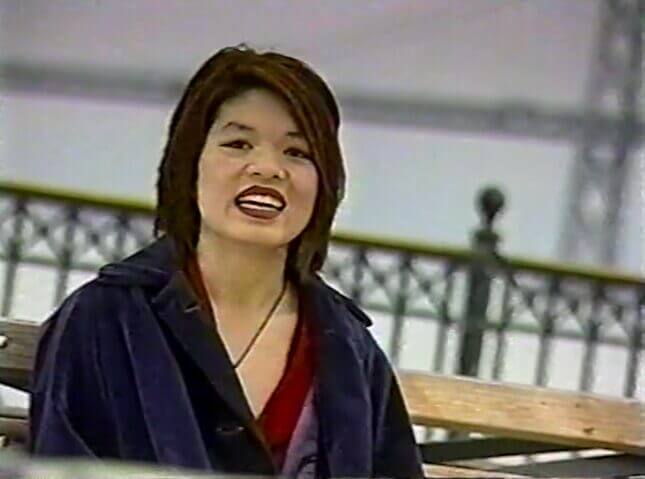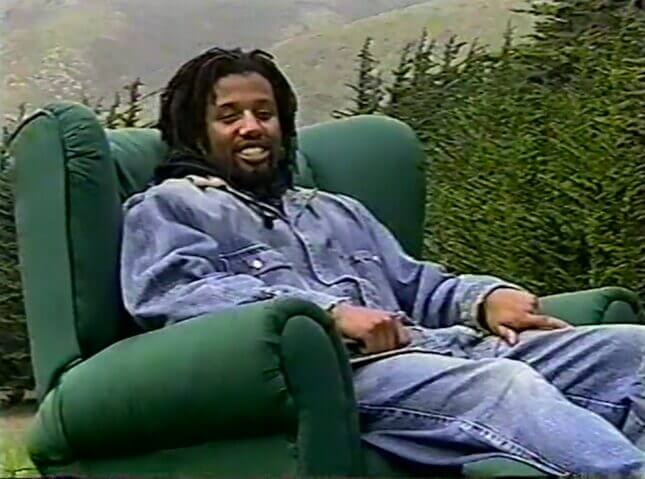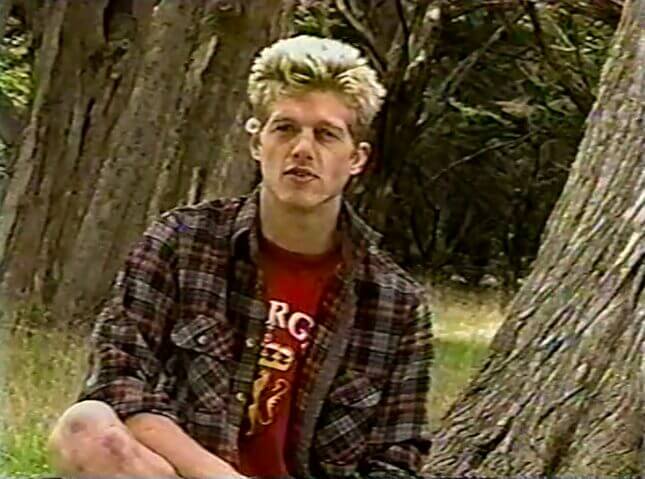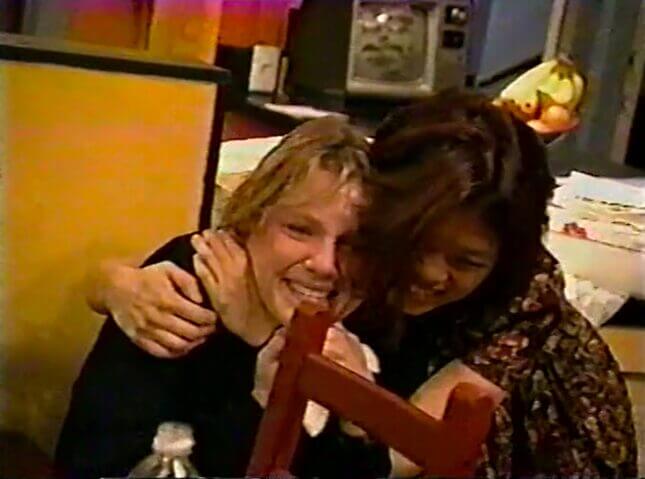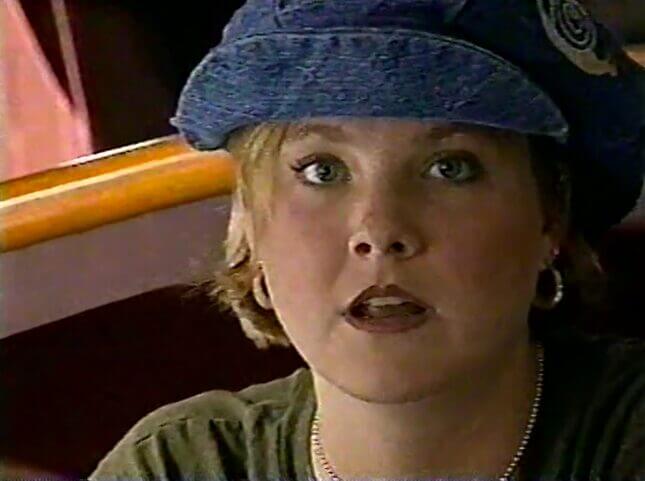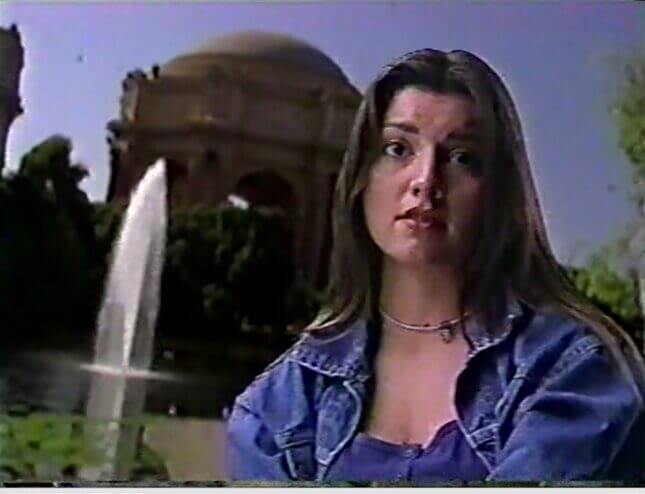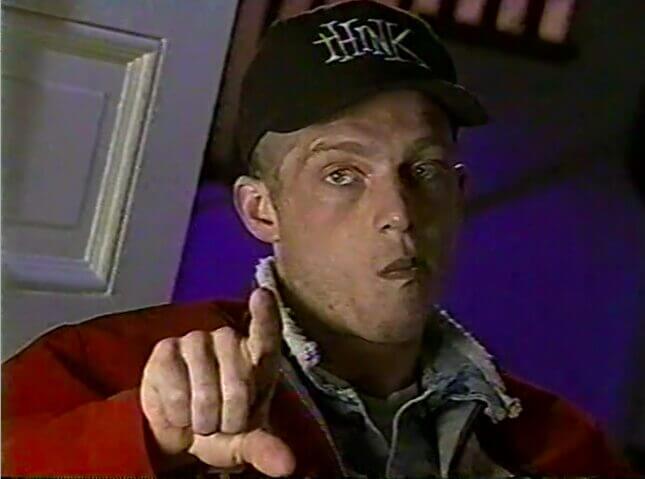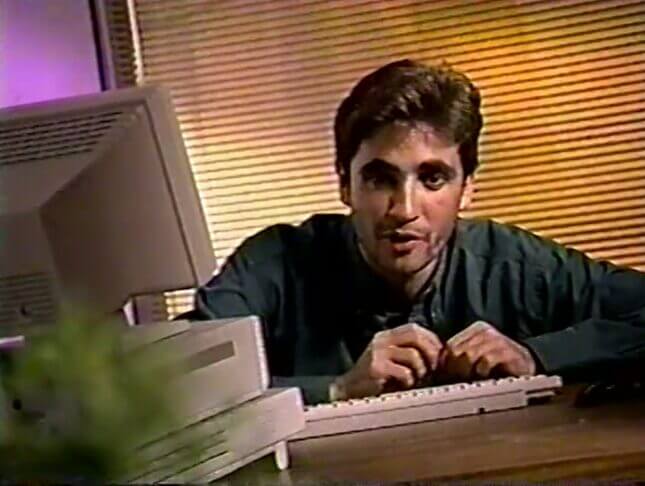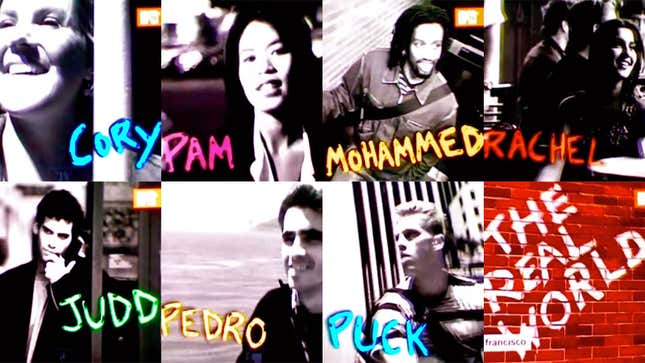
Graphic: MTV
If one had to pick a single year to represent what the ’90s were about, you could do far worse than 1994. It was the year that saw the releases of Pulp Fiction and Reality Bites, the year that grunge reached its apotheosis and effective conclusion via Kurt Cobain’s suicide, the year E.R. and Friends began their marathon TV runs, the year President Bill Clinton signed his Crime Bill, the year O.J. Simpson’s Bronco captured the nature’s attention, inspiring a hunger for what would come to be known as reality TV (at least, according to Vanity Fair it did).
Years before, MTV had already dipped its toe in reality programming, airing a show that had prided itself on showing “what happens when people stop being polite and start getting real.” In 1994, that series, The Real World, started getting really real itself. The landmark third season, which took place in San Francisco, is best known for its sensitive and thorough depiction of the HIV-positive Pedro Zamora’s life, as well as the havoc that impish local bike messenger Puck wreaked. The former remains of the most nuanced representations of a gay man in the annals of American pop culture—on camera, Pedro Zamora fought AIDS, fell in love with Sean Sasser, married him on camera, took preppy cues from Gap, and exuded an unabashed gayness at a time when that was uncommon and risky in mainstream pop culture. “My sexuality is me,” he said radically at one point. “If you’re looking at me, you’re looking at my sexuality.”
The Real World: San Francisco’s other indelible trademark—the Puck stuff—is tedious from today’s reality-watching perspective. For one thing, reality TV is full of the kind of camera-stunting Puck practically revolutionized; he was the outlier in his given group, but today’s casts are boiling over with shit-stirrers. Further, the squabbles he inspired and exacerbated with his laissez-faire approach to hygiene are small potatoes in today’s market and watching him from the remove of a quarter century makes clear that he was attempting to position himself as an alpha while employing the tactics of a sniveling child.
In an era of supposed slackers, The Real World: San Francisco house was full of doers.
The Real World: San Francisco, which turns 25 on June 30, remains a relic of its time, the kind of slow TV where you could hear someone saying of an ex, “I didn’t take my own CDs and I still gotta pay Columbia House for CDs that I don’t even have.” But it’s also slick, well-paced documentary footage of a bunch of ambitious early twenty-somethings who were so intent on making something out of their lives and so earnest about it, it was as though they’re attempting to articulate their success into existence. In an era of supposed slackers, The Real World: San Francisco house was full of doers. One of the most uplifting things about watching this show even today is there’s never a trace of the sense of youth being wasted.
While predicting the sort of drama for drama’s sake that reality TV would come to offer in spades, the season also sketched certain ideals for diversity on TV with a multicultural cast that included two Latinx people (Pedro and Rachel), a black man (Mohammed), and an Asian American woman (Pam). Just a few channels over during The Real World: San Francisco’s run, a show about six white friends debuted and would go on to run for 10 seasons, becoming one of the most popular sitcoms of all time with very little apparent scrutiny in the mainstream (and certainly by the powers that be) over the monochrome nature of its cast.
Two Real World: San Francisco cast members not only executed their stated goals, they eventually fell in love. Judd Winick, who drew a comic strip on the show for the San Francisco Examiner, went on to work in comic books for D.C., and now writes and draws the bestselling HiLo graphic novel series. He lives with Pam Ling and their two kids in San Francisco. Ling is a general internist, a professor at UCSF, and fighter of big tobacco. Both talked to Jezebel about their time on the show in separate interviews, which are excerpted and arranged thematically below. To commemorate the 25th anniversary of this quintessential summer-watching staple of ’94, they look back at the production, the strife, the representation, and the impact this landmark season had on their lives.
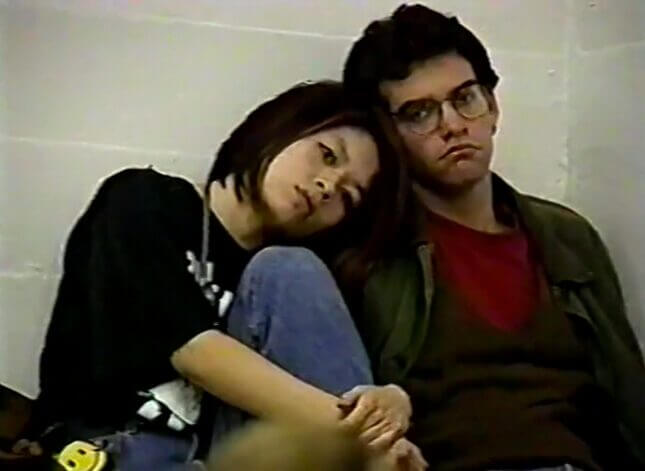
Some notes on the production:
Judd: [Director] George Verschoor and [producer] Bob Fisher, Jr., went to such irritating lengths to make sure that nothing was ever manufactured. They told us so little, they did so little. With us, it never got any further than production, just meaning the crew, saying, “Could you guys not leave for five minutes while we’re getting ready?” And we would just stand in the entryway and wait.
Pam: We had to check in everyday with a producer and say what we were going to do. They didn’t tell us what to do, but I think that they would decide based on what everyone said where they were going to send the crew. If you wanted to be on camera more, you could decide to do more exciting or visually interesting things. If you wanted to hide or had to do things that weren’t so interesting, like me… You know, I was in medical school, so I’d be like, “I’m going to go to the library today and I’m going to study for about five hours.” Perhaps not the most compelling story compared to what others might be doing.
-

-

-

-

-

-

-

-

-

-

-

-

-

-

-

-

-

-

-

-

-

-

-

-

-

-

-

-

-

-

-

-

-

-

-

-

-

-

-

-


